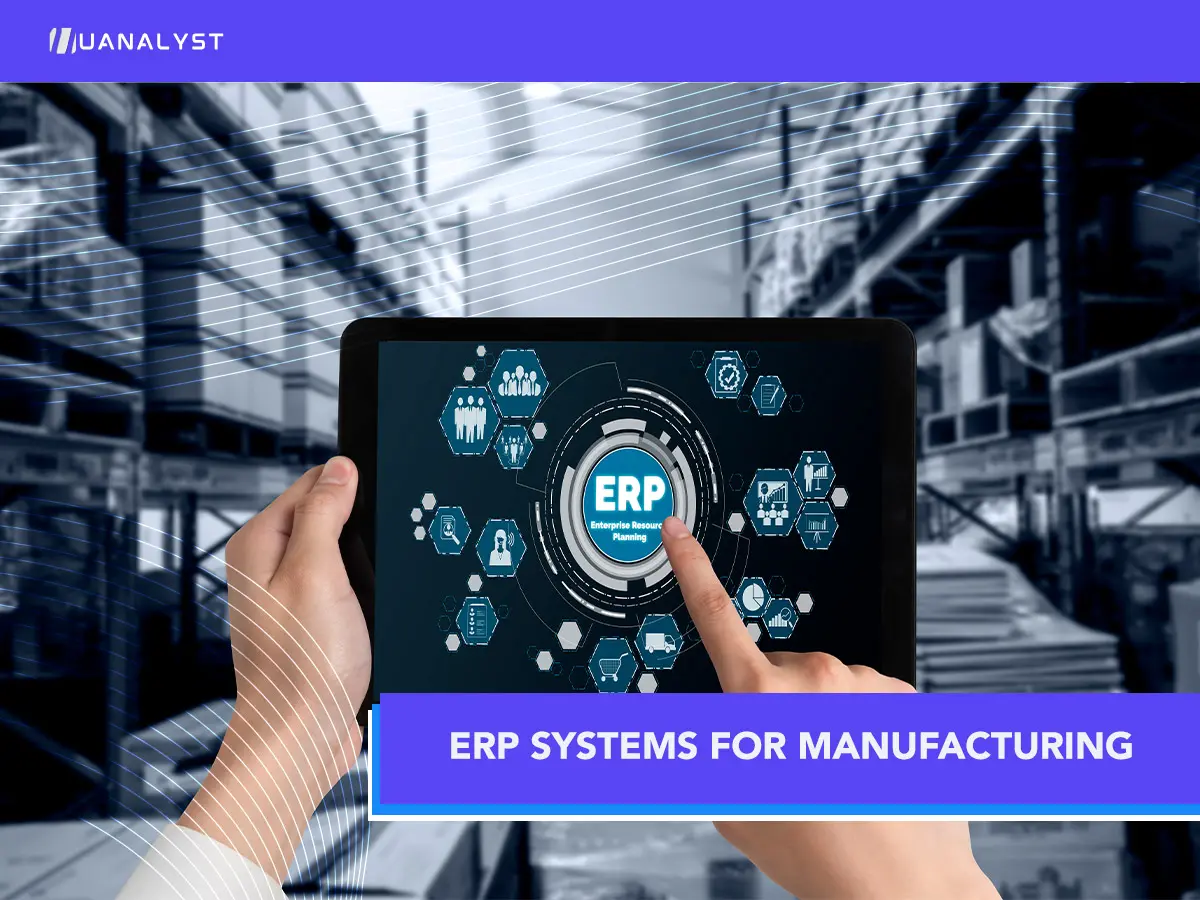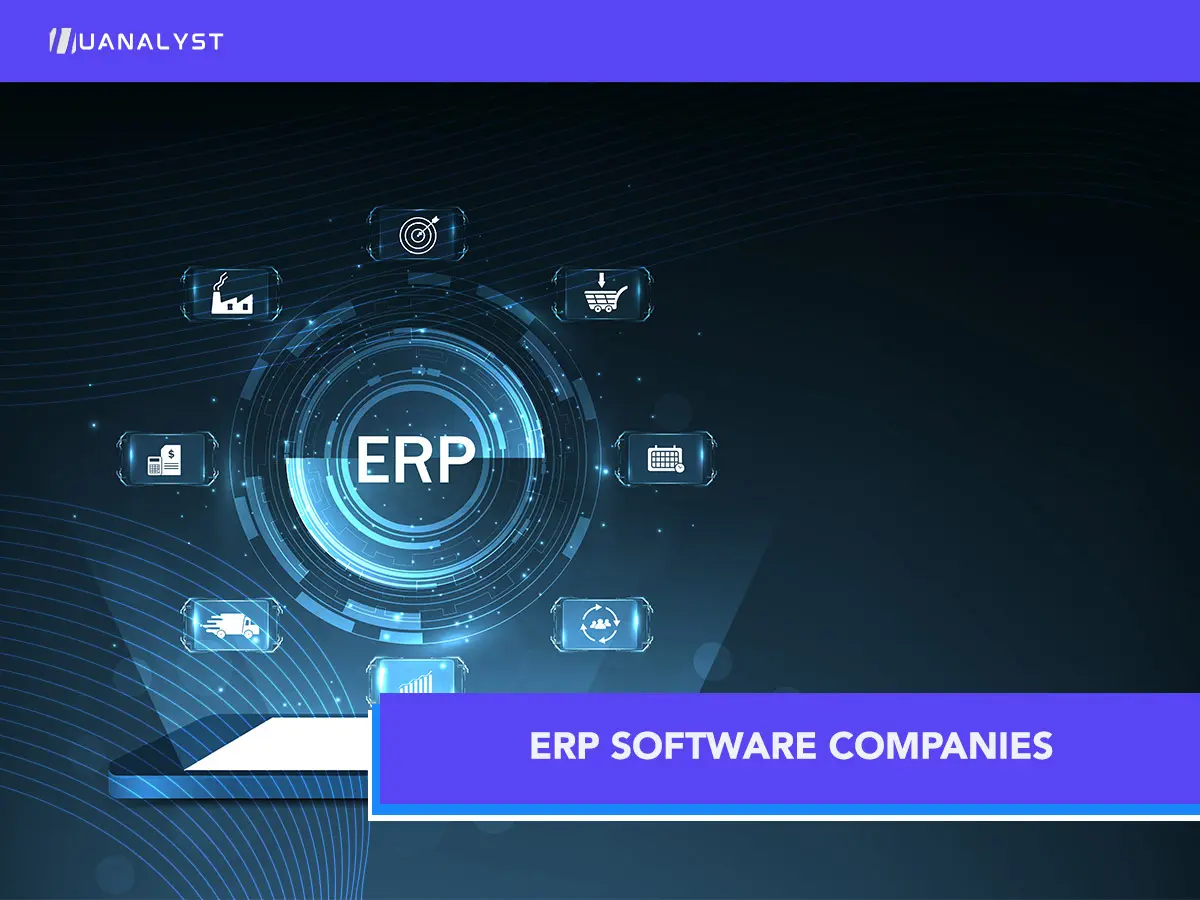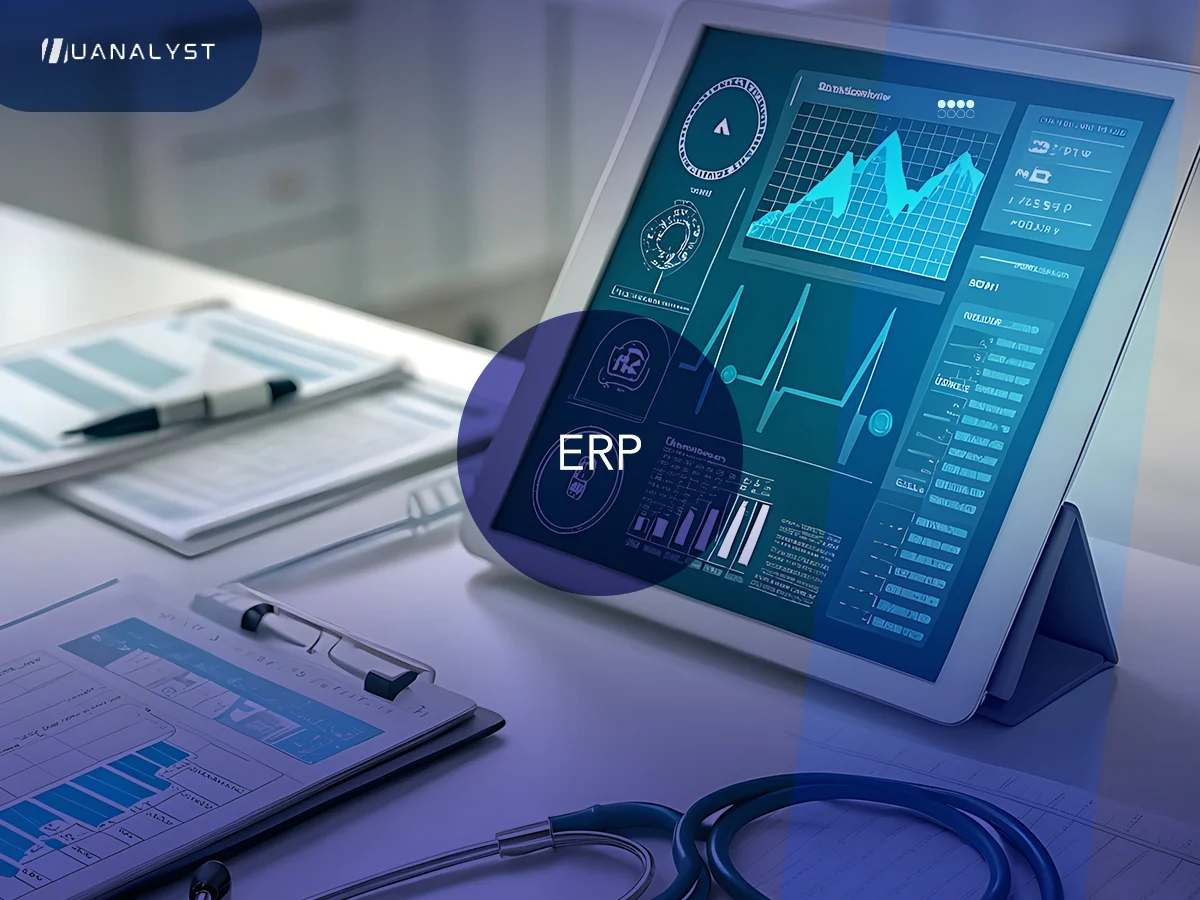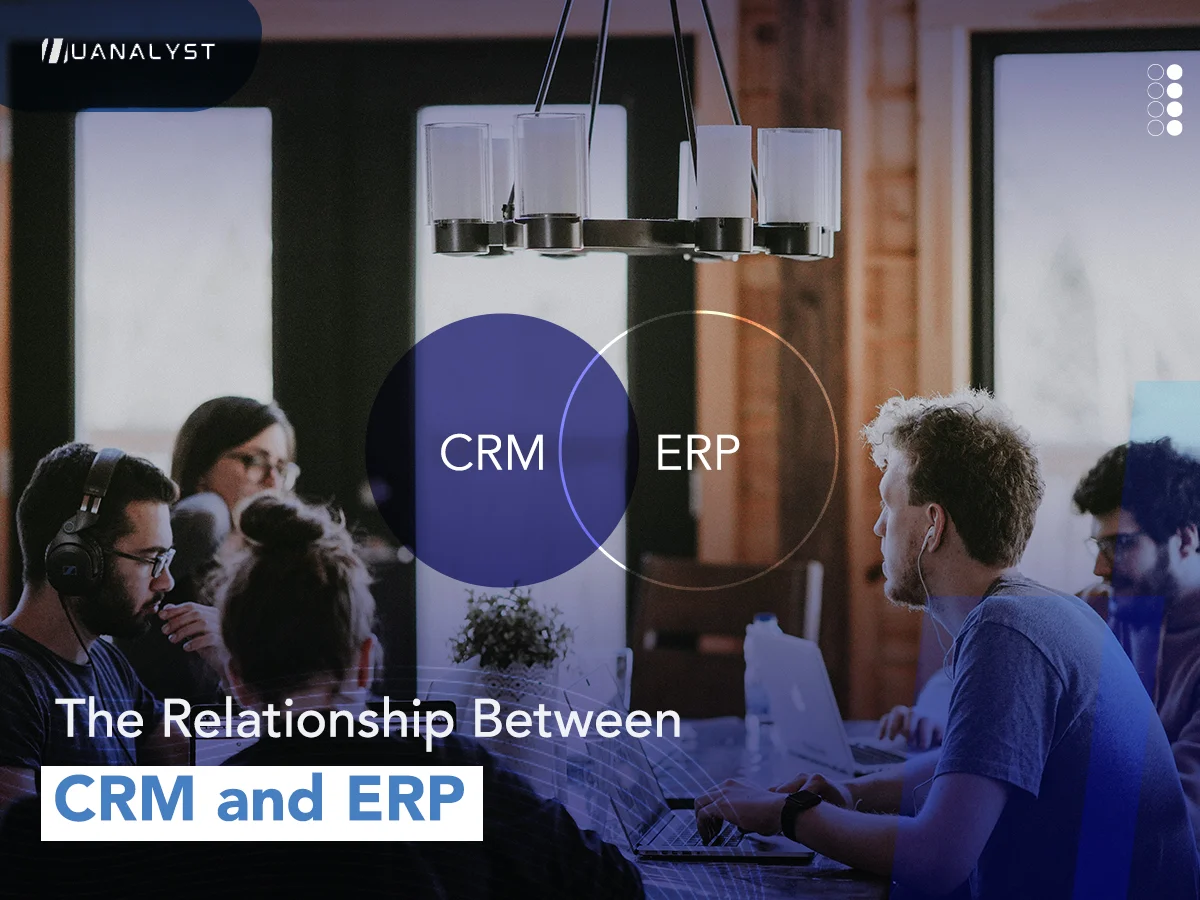ERP systems for manufacturing: The backbone of the fast-paced industrial world of today Known as the shop floor backbone, these systems allow manufacturers to connect every element of their business, from supply chain and inventory to production and sales, on one digital platform. It does not matter if you run a facility as large as an automated manufacturing plant or something that is small and simple…it could have a similar impact on how you get business conducted.
In this blog, we will discuss the impact of ERP systems for manufacturing Systematic approach to manufacturing resource planning (MRP) Solutions for small businesses Benefits of integrating further manufacturing ERP software. Get a business consultation to start growing your business.
How Does Manufacturing ERP Function?
Pretty much ERP stands for Enterprise Resource Planning, wherein it is a software that integrates the existing (or new) systems of your organization into one. These are then often customized with a manufacturing focus, incorporating production workflows, bills of material (BOMs), shop floor control, inventory management, and quality control.
Manufacturing industry-specific ERP systems centralize all operational areas and offer real-time visibility of business roles, which results in boosting productivity, enhancing the communication amongst the team members, along with better management decision-making. Feel free to ask about the project management services
Manufacturing Resource Planning (MRP) System
Manufacturing Resource Planning (MRP) A key piece of any ERP manufacturing answer is MRP. MRP stands for Material Requirements Planning, which is a process of calculating what materials or components should be on hand before production commences.
Modern MRP products with variant ERP systems have evolved beyond the traditional concept of MRP by incorporating:
- Demand forecasting
- Production scheduling
- Inventory optimization
- Capacity planning
This integration provides manufacturers with a way to deliver products in targeted timeframes while leaving as little waste behind as possible, ensuring that they meet production demands.
How ERPs Can Benefit Manufacturing
Game-changing benefits of running an ERP system
Improved Efficiency
Automation of tasks such as order processing, invoicing, and inventory tracking leads to less human labor and mistakes.
Enhanced Visibility
Manufacturer: Insight Dashboards and analytics offer real-time view into production to make data-driven decisions
Better Quality Control
Quality metrics of ERP systems monitor the production line and raise alerts at the first level of issue, which leads to a reduction in defective products.
Scalability
So, as your manufacturing business grows, you know that your ERP system can grow with it to support more demand and complexity.
Regulatory Compliance
For example, some ERP systems have compliance tracking for industries such as pharmaceuticals or food manufacturing.
What are the core features of high-end manufacturing ERP software?
Here are some of the features that you should focus on while making a choice for manufacturing ERP software companies whose offerings directly support the type of production process you operate.
- Inventory and warehouse management
- Production planning and scheduling
- Bill of materials (BOM) management
- Shop floor control
- Machine maintenance
- Quality management
- Supply chain integration
- Accounting and finance modules
One crucial aspect of these features is that the complete production lifecycle, i.e., raw material procurement till finished goods delivery management, has been established in a single ecosystem.
Manufacturing Software for Small Businesses
So, a good number of small manufacturers now know that ERP systems are not just for the biggest companies. The fact is, advanced software for small business manufacturers is more accessible and cost-effective now than ever.
They require less IT infrastructure expenditure; hence, the costs, which are typically based on monthly subscription fees and technical support services, are low, making cloud-based ERP solutions best for small and medium enterprises (SMEs).
ERP Systems for Small Manufacturers:
Odoo Manufacturing
A modular ERP system that supports inventory, BOM, and work orders.
Katana ERP
Tailored for small manufacturers with visual dashboards and integrations with Shopify and QuickBooks.
JobBOSS²
Designed specifically for job shops and small custom manufacturers.
MRPeasy
A cost-effective solution for small manufacturers looking for a full-suite ERP.
The functionality of these tools is balanced by the lack of complexity or cost.
Industry-Specific Solutions for Manufacturing ERP Systems
Types of ERP systems: Industry-specific modules:
- Automotive: In-line quality auditing, recall monitoring, supplier performance tracking
- Food & Beverage: Recipe management, ingredient tracking, batch traceability, FDA and HACCP compliance.
- Pharmaceuticals: (GMP Compliance, Expiry Tracking, Regulatory Reporting).
- Electronic: Serial number tracking, warranty management, and component-level BOMs.
Picking a platform that is fluent in the language of your industry is an excellent way to trim down both the amount of time you need to spend and also how much customization has to be done.
ERP System Implementation Tips
Manufacturing ERP System Implementation Successful implementation of an ERP system for a manufacturer requires careful planning and a clear strategy.
Define Your Goals
What do you want to achieve? Faster production? Better inventory control? Establish KPIs.
Choose the Right Vendor
Choose suppliers who have industry know-how and helpful support staff.
Train Your Staff
Just as people produce results, not tools, ERP systems are only as competent as the hands using them. Provide proper training.
Start Small and Scale
Start with the basics and add more modules as needed.
Monitor and Optimize
Refine workflows continuously using analytics and feedback.
Should you consider an ERP system or not in your manufacturing business?
As a job shop or large factory, you have to consider using an ERP system for manufacturing, as they are not just great fruit but now need staples. By integrating production, inventory, finance, and customer service on a single platform, ERP systems enable manufacturers to eliminate waste of materials and human effort in production and support services with the cutting-edge technologies necessary for today’s rapidly changing global markets.
Selecting the best manufacturing ERP software, especially affordable small business manufacturer accounting or MRP production solutions, and concentrating on effective manufacturing resource planning can help ensure your company is able to thrive not just now, but for years to come.
Also Read:
- Software companies in Saudi Arabia
- ERP companies in Saudi Arabia




